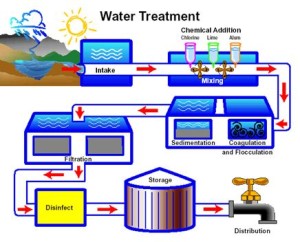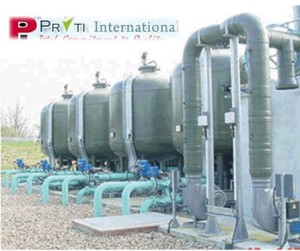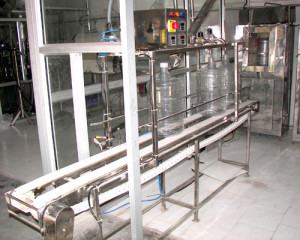There are several mineral water projects in various places. If you want to be a distributor of packaged drinking water bottles, chalk out a plan. Get in touch with prominent packaged drinking water plants.
Since the last decade, there has been a boom in water plant projects. Several projects including mineral water projects and packaged drinking water projects have been set up in various places. These days, people are more cautious about waterborne diseases. When outside the home, they do not want to take chances. Hence more and more people have started preferring mineral water and packaged drinking water.
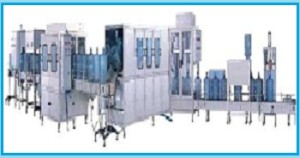
Packaged Drinking Water Plant
The pure drinking water industry is doing really well. If you want to be a distributor of mineral water and packaged drinking water bottles, you can earn a good profit. All you need to know is a few things about mineral water plants and packaged drinking water plants.
A detailed discussion will help you have an idea of how to plan the business setup. You can initially start as a packaged drinking water bottle distributor.
1. Have a thorough research of packaged drinking water distribution options. Some packaged drinking water plants are regional and some are national. You should look for the quality of the product, the cost of starting a distributorship, and the support offered by the company to its distributors.
2. Sign up to be a distributor with the company you choose.
3. Stock some inventory. Take orders, pick up the orders or have them shipped, and deliver them to your customer.
4. Find customers for your business. Make people aware of your distributorship through mailings, promotions, and ads. House calling is the cheapest and is also likely to get the greatest return on your time.
5. Set up a delivery schedule for your customers.
6. Above all, be honest as this is the virtue that will let you maintain and grow your customers.

 Coagulation:
Coagulation:
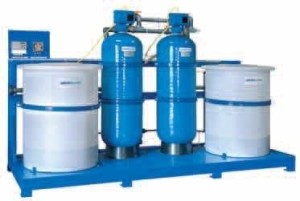
 Clean, hygienic water is necessary both in the domestic and industrial sector. Hard untreated water often is an obstacle in reaching optimum production.
Clean, hygienic water is necessary both in the domestic and industrial sector. Hard untreated water often is an obstacle in reaching optimum production.